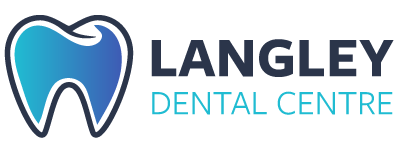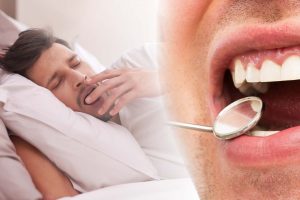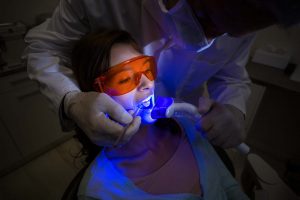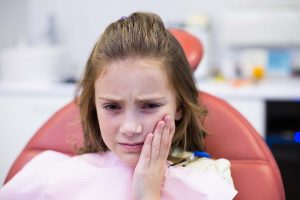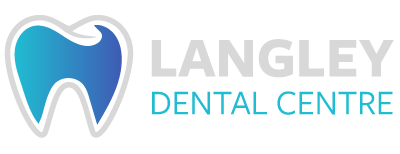Do you know? There are different types of oral cancer, including squamous cell carcinoma, which is the most common form, as well as less common types like salivary gland tumors, lymphomas, and sarcomas. Early detection and treatment are crucial in improving the prognosis and outcomes for individuals affected by oral cancer.
Hidden Dangers: Understanding Risk Factors in Oral Cancer Development
There are several risk factors associated with the development of oral cancer. The most significant risk factor is tobacco use, including smoking cigarettes, cigars, or pipes, as well as chewing tobacco. Excessive alcohol consumption is another major risk factor. Additionally, a history of human papillomavirus (HPV) infection, particularly certain strains of the virus, increases the risk of developing oral cancer. Other factors that can contribute to the development of oral cancer include a weakened immune system, poor oral hygiene, exposure to certain chemicals and substances, chronic sun exposure to the lips, and a family history of oral cancer. It’s important to be aware of these risk factors and take steps to minimize their impact on oral health.
The Multifaceted Origins of Oral Cancer
Oral cancer can have multiple causes, and prevention is crucial in reducing its incidence. The primary cause of oral cancer is often attributed to a combination of lifestyle choices and environmental factors. Tobacco use, including smoking and chewing tobacco, is a major risk factor. Excessive alcohol consumption is also strongly associated with the development of oral cancer. Human papillomavirus (HPV) infection, particularly certain high-risk strains, is another significant cause. Prevention strategies for oral cancer include avoiding tobacco in all forms, limiting alcohol consumption, practicing safe oral sex to reduce the risk of HPV transmission, maintaining good oral hygiene, and getting regular dental check-ups. Additionally, adopting a healthy lifestyle that includes a balanced diet rich in fruits and vegetables can also contribute to reducing the risk of oral cancer.
Ways to detect Oral Cancer
Screening for oral cancer involves various methods to detect abnormalities in the oral cavity. The most common screening method is a visual examination, where a healthcare professional visually inspects the mouth, tongue, gums, and other oral tissues for any suspicious lesions or abnormalities. In addition to visual examination, palpation may be performed to feel any lumps or unusual changes in the tissues. Other screening techniques include using specialized tools such as oral cancer screening devices that use fluorescence or light-based technologies to detect abnormal cells or lesions. Biopsy, where a small sample of tissue is taken for further analysis, may also be performed if any suspicious areas are identified. Regular oral cancer screenings are essential for early detection and can significantly improve treatment outcomes.
How to treat Oral Cancer
Oral cancer treatment often requires a multidisciplinary approach involving a team of healthcare professionals from different specialties. This team may include oral and maxillofacial surgeons, oncologists, radiation therapists, dentists, nutritionists, and speech therapists, among others. Each specialist contributes their expertise to develop a comprehensive treatment plan tailored to the individual needs of the patient. The multidisciplinary approach aims to address the various aspects of oral cancer treatment, such as surgery, radiation therapy, chemotherapy, rehabilitation, and supportive care. By collaborating and combining their knowledge and skills, the healthcare team can provide the best possible care and improve the chances of successful outcomes for patients with oral cancer.
Importance of Preventative Dentistry in preventing Oral Cancers
Dental professionals play a crucial role in oral cancer prevention. As part of routine dental check-ups, dentists and dental hygienists perform oral cancer screenings to detect any early signs or abnormalities. They examine the oral tissues, including the tongue, gums, and inside the cheeks, looking for potential signs of cancerous or precancerous lesions. Dental professionals also educate patients about the risk factors associated with oral cancer, such as tobacco and alcohol use, and encourage healthy lifestyle choices. By promoting regular dental visits, raising awareness about oral cancer, and providing information on self-examinations, dental professionals empower individuals to take proactive steps in preventing oral cancer and detecting it at its early stages, when treatment outcomes are more favorable.
At Langley dental Centre, we always promote preventative dentistry to make sure our patients stay healthy and at a safe distance from such chronic diseases. In case you are looking for a dentist in Langley, call us or reach out to us at Contact Our Dental Office | Langley Dental Centre (langleydentist.com) today!
